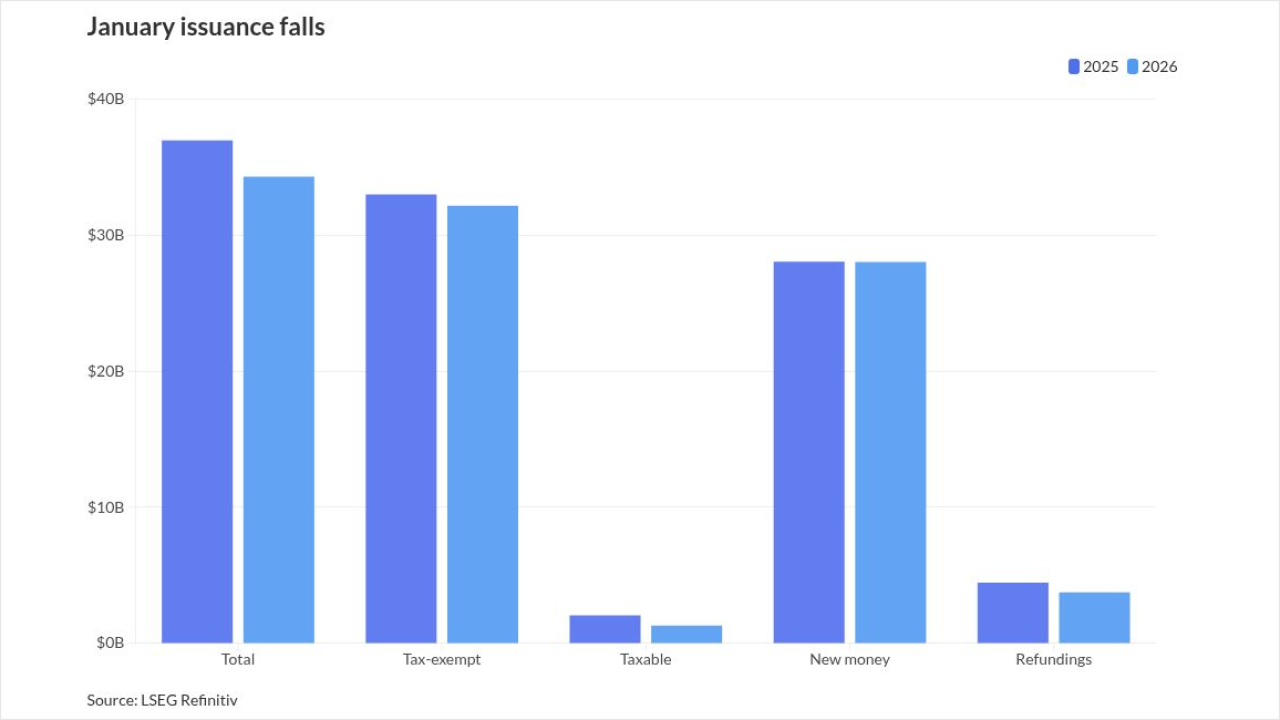Texas Comptroller Glenn Hegar certified a $248.6 billion biennial budget approved by the legislature and praised moves to ease pressure on the state’s main electric grid and its pension system.

“The Legislature took key steps to address issues like power grid reliability and employee pension reform,” Hegar said. “But equally important is the fundamental work ensuring our school districts, universities and myriad state programs can rely on a specific amount of state funding.”
Certification is a step required before Gov. Greg Abbott can sign the budget contained in Senate Bill 1. Hegar complimented lawmakers on securitizing losses from power outages during a February freeze, but comments from credit analysts were less positive.
“While initial speculation and political energy was devoted to discussions pertaining to repricing certain market transactions during the storm event, those efforts did not progress and repricing of storm costs is unlikely,” according to a team of Fitch Ratings analysts who produced a full report on the Electric Reliability Council of Texas this week.
The Fitch rating outlook on all but one ERCOT-based public power utility remains negative, the report said.
Fast action by lenders and existing liquidity prevented widespread defaults, analysts said, but added that the absence of market reform leaves operating risk elevated.
“Implementation of these legislative reforms would appear to improve industry performance in a similar subsequent event,” Fitch said. “However, they do not address certain shortcomings of the current market structure or curtail the potential for future financial losses by load-serving utilities. Larger structural reform conversations, such as the imposition of a capacity market or the interconnection to the electrical grid outside did not gain sufficient political support to move forward.”
On the state pension front, legislation will require the state to make annual amortization payments to the Employees Retirement System to pay down existing unfunded liabilities.
“For more than six years, I have talked about our long-term liabilities in ERS, and I am thankful the Legislature took much-needed action this year,” Hegar said.
Hegar said the pandemic makes it impossible to predict with complete accuracy how the economy will unfold through the next budget cycle, which ends Aug. 31, 2023.
“As the extreme shifts in economic conditions we’ve experienced in the last 15 months show, we still do not fully understand exactly what will happen with the pandemic’s long-term effects on businesses, workplace practices, employee availability and consumer behavior,” Hegar said. “But what we can do, and will do, is carefully track what’s going on and keep everyone informed as we collect and analyze information.”





